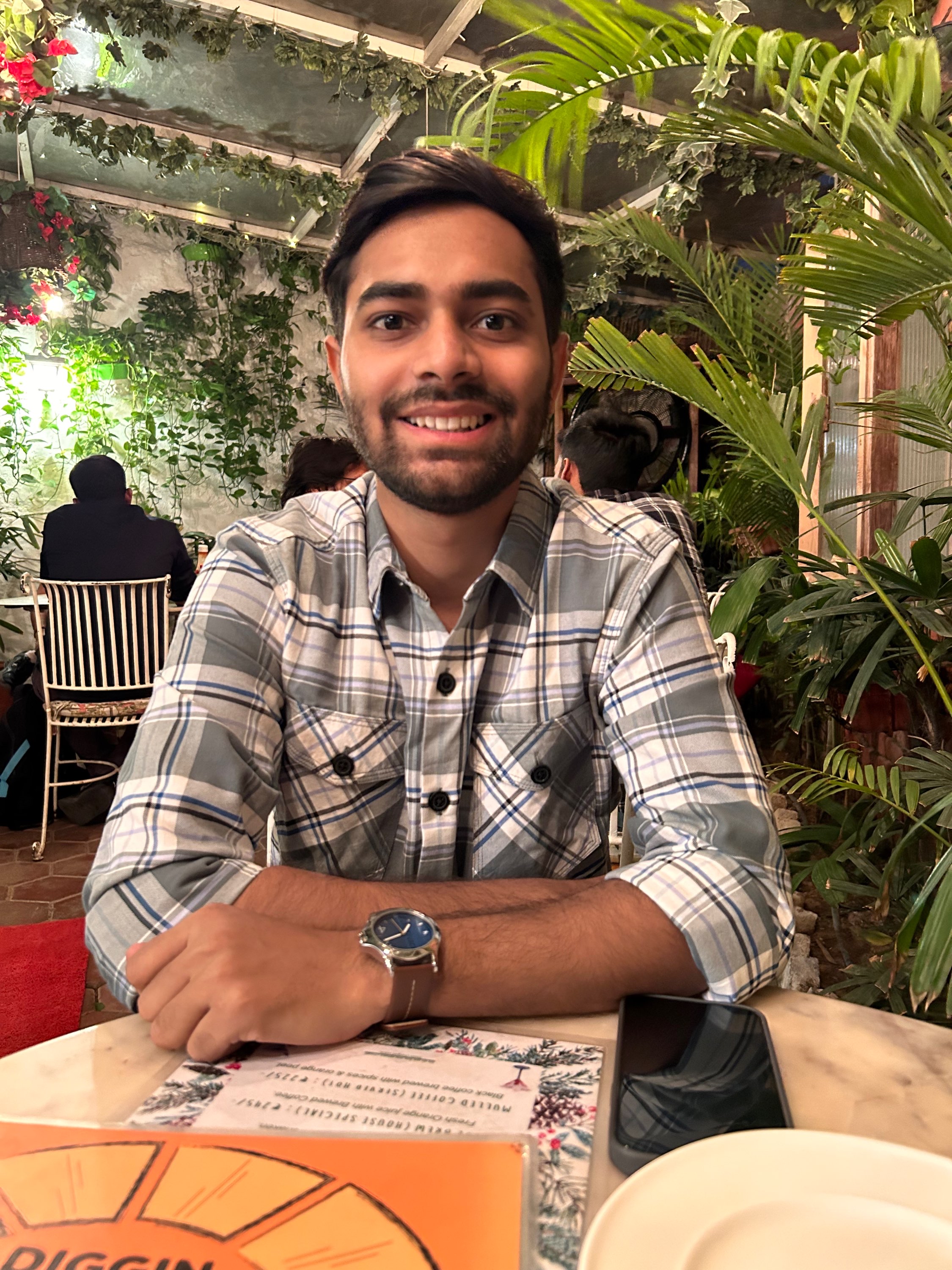19 May 2025 - Daily Current Affairs Updates
- Avijeet Kumar
- 8 hours ago
- 3 min read
Rajon Ki Baoli Conservation Completed – GS 1: Art & Culture
Context: Conservation of 16th-century Rajon Ki Baoli in Mehrauli Archaeological Park, Delhi, completed.
Historical Significance: Built in 1506 AD by Daulat Khan during the Lodi dynasty, it reflects Indo-Islamic architecture.
Cultural Value: Stepwells were traditional water conservation structures—relevant for UPSC themes of traditional knowledge & sustainable architecture.
Exam Angle: Link to mediaeval architecture, urban water management, and conservation efforts under the Ministry of Culture.
Twisters (Tornadoes) – GS 1: Geography | Disaster Management
Context: Frequent references to "twisters" in US news coverage.
Definition: Funnel-shaped violently rotating air columns extending from thunderclouds to Earth.
Formation: Result of collision between warm-moist and cold-dry air + wind shear.
India Link: While rare in India, similar cyclonic activity can occur in the eastern coast & Indo-Gangetic plains.
Value Add: Compare with Indian cyclones (Bay of Bengal); include in disaster preparedness questions.
Parasnath Hills Dispute – GS 1: Society + Culture | GS 2: Minority Rights
Context: Sacred hill for both Jains (Sammed Shikharji) and Santhal Adivasis (Marang Buru), leading to cultural conflict.
Jain Perspective: Moksha site of 22 Tirthankaras, vegetarian sanctity, pilgrimage trail with 20 Tonks.
Santhal Perspective: Animistic faith, sacred groves (Jug Jaher Than), Sendra hunting festival, tribal self-governance.
Exam Angle: Conflict of religious rights vs tribal rights, forest conservation vs cultural practices.
UPSC Themes: Secularism, Articles 25-26, the Forest Rights Act, Tribal autonomy, and Ethics case studies.
Global Report on Food Crises 2025 – GS 2: Governance | GS 3: Food Security
Context: Record 295.3 million people in 53 countries face acute food insecurity.
Agencies Involved: FAO, WFP, UNICEF, EU—part of the Global Network Against Food Crises (GNAFC).
India Insight: Relevance for India’s role in global food security and ICDS, Poshan Abhiyan.
Red Flags: Severe child malnutrition (37 million), 45% humanitarian funding cut, 1.9 million at famine level (IPC Phase 5).
GS 3 Angle: Ethics of global justice, impact of war, climate change, and inflation on hunger.
Public Safety Act – GS 2: Governance | Internal Security
Context: 23 individuals booked under PSA in J&K amidst SIA raids.
Key Features: Detention without trial, no legal representation or bail, re-detention even after High Court relief.
Concerns: Human rights issues, discretionary power to District Magistrate.
Exam Angle: Debate between national security vs civil liberties.
Link: Compare with UAPA, NSA, and constitutional safeguards under Article 22.
E-Passports in India – GS 2: Governance | GS 3: Tech
Context: ePassport rollout across India.
Tech Features: RFID chip, BAC, PA, EAC, PKI encryption, facial and fingerprint biometrics.
Benefits: Faster immigration, better data security, and no printed address (privacy boost).
Exam Use: Link with Digital India, data protection, e-governance, and cybersecurity in tech-based governance.
Gyan Bharatam Mission – GS 1: Culture | GS 2: Government Policies
Context: PM to launch India’s largest manuscript preservation mission.
Scope: Digitising over 1 crore manuscripts using AI and 3D imaging; budget: ₹482.85 crore (2024–2031).
Goal: Create a National Digital Repository for Indian Knowledge Systems (IKS).
Exam Linkage: India's civilisational legacy, digital preservation, NEP 2020, soft power diplomacy.
Coral Reefs and SNAP-X Innovation – GS 3: Environment
Context: New bio-ink "SNAP-X" boosts coral larvae settlement by 20x.
Ecological Role: Coral reefs = biodiversity hotspots, wave barriers, and fishing grounds.
India Focus: Gulf of Mannar, Lakshadweep, Andaman—sites of mass bleaching.
UPSC Themes: Blue Economy, climate change, SDG-14, restoration techniques.
Mosura Fentoni Discovery – GS 3: Science & Tech | Evolution
Context: Fossil of 3-eyed predator from the Cambrian period (506 million years ago).
Unique Features: Three eyes, gill-bearing segments, early arthropod evolution.
Significance: Evolutionary convergence with modern crabs and horseshoe crabs.
Use in GS: Link to evolution, palaeontology, and India's fossil sites (e.g., Bhimbetka, Shivalik).
GRAIL Mission – GS 3: Space Technology
Context: NASA reveals differences in the Moon's nearside vs farside using GRAIL data.
Discoveries: Volcanism, thinner crust on the nearside, radioactive element concentration (thorium).
Relevance: Insight into celestial geology and importance for future lunar missions (Artemis, Chandrayaan-3).
GS Link: Moon structure, Earth-Moon interaction, Indian space missions.
World Food Prize 2025 – Facts for Prelims | GS 3
Context: Brazilian scientist Mariangela Hungria wasawarded for bio-fertiliser research.
India Connect: M.S. Swaminathan was the first laureate (1987).
Significance: Cutting chemical fertiliser use boosts sustainable agriculture.
UPSC Add-on: Mention under Zero Budget Natural Farming, Paramparagat Krishi Vikas Yojana (PKVY).

Commenti